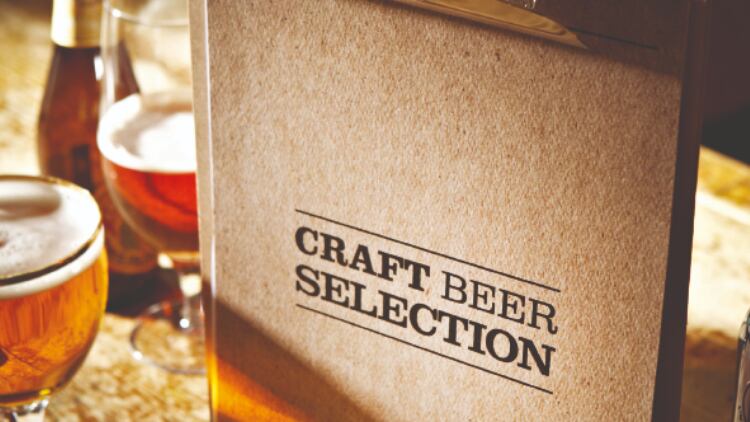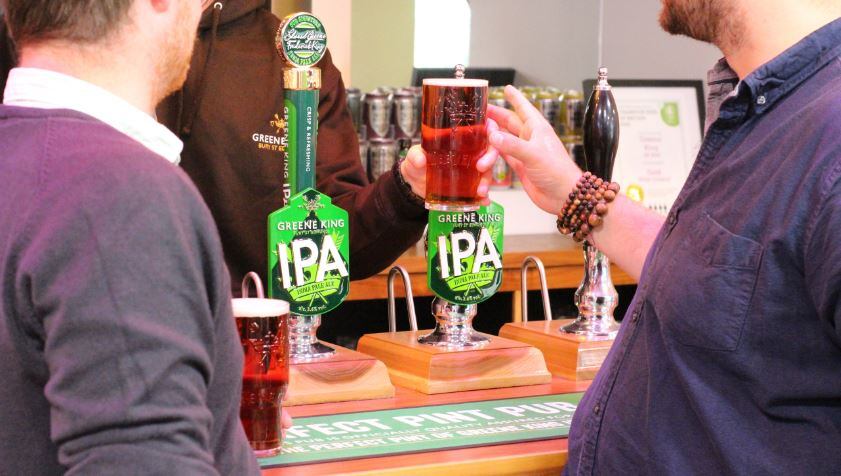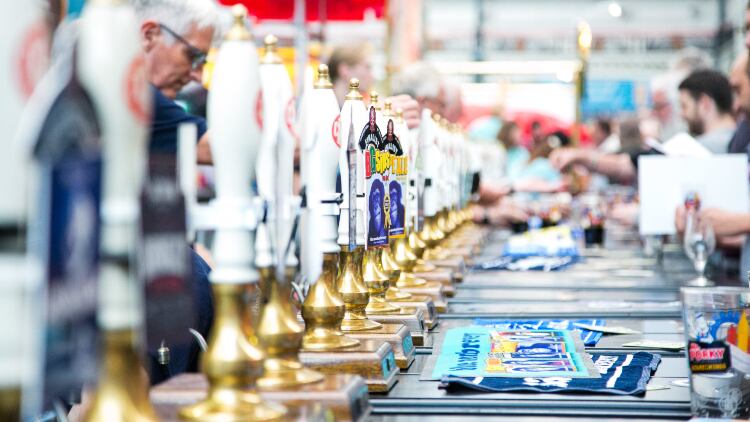I imagine many readers would cheer the thought. But if you get angry at the mere existence of a lactose milkshake IPA that costs four quid a half, don’t get your hopes up. Craft beer is going nowhere. It’s just undergoing a comprehensive change of image.
No one really seems to like the word ‘craft’. Its original sin is that it lacks a precise technical definition. But for the brewers who carried it as a proud badge, there’s another, more serious issue. ‘Craft’ originally defined an exclusive club of small brewers. But big brewers have done what they always do: simply ignored rules they don’t like and appropriated the word for themselves.
The battle for ‘craft’ – the word – is lost. So craft beer – the movement – has gone in a new direction.
Striving for independence
I’m writing this in a convention centre in Melbourne, Australia. Yesterday, after I gave the keynote speech at the annual conference of what used to be called the Craft Beer Industry Association (CBIA), the next speaker launched a marketing plan centred around Indie Beer Day, which will take place in October.
In 2017, the CBIA changed its name to the Independent Beer Association (IBA) and launched an official ‘independent seal’ that they urged all their members to use on their packaging. Indie Beer Day will kick off a massive campaign promoting the seal, urging people to try beer brewed by independent brewers.
The Australian move closely tracked a similar initiative by our own Society of Independent Brewers (SIBA) that launched an ‘assured Independent British Craft Brewer’ seal in 2016.
Soon after, the American Brewer’s Association revealed its own ‘certified independent craft brewer’ symbol, and followed that up earlier this year with the launch of a website, SupportIndependentBeer.com. It also changed its definition of a craft brewer yet again: the kind of beer you’re making is now irrelevant – as is the question of whether it’s any good or not. All that matters now is that you’re small (as in, you brew less than 6m barrels) and independent (less than 25% owned by an entity that is itself not a craft brewer).
Applied to the UK, every single beer from one of our traditional family-owned breweries would count as a craft beer. I would have no problem with that, but I know a lot of craft drinkers who would.
While ‘craft’ is still visible in the US and British landscape, it has definitely been relegated in importance behind the word ‘independent’. In Australia, they’re making a concerted effort to get rid of the c-word altogether, with conference speakers careful to say ‘indie beer’ where they would have been saying ‘craft’ a couple of years ago.
In some ways it’s a clever move: focusing on the one aspect of craft beer that big brewers simply can’t appropriate, ensuring a future where ‘indie beer’ will always remain pure in meaning, easy to define, and easy to withdraw from brewers who sell out.
Marketing direction
Different people drink craft beer for different reasons. There is a significant constituency who truly do care about who owns the brewery that made their beer. But these people are now already drinking craft beer.
The indie seal is perfect for reassuring existing craft beer drinkers. But if craft brewers want to grow further, they now need to tempt the majority who are – for the moment at least – perfectly happy drinking beers owned by big brewers.
In marketing, we talk about features and benefits. The word ‘craft’ is evocative; it taps into concepts of authenticity, provenance and experience that people currently care about in a much broader context than just beer.
Independence is a feature, a characteristic, of the brewers who make craft beer. The benefit of their independence is not immediately apparent to people who are perfectly happy drinking Stella, let alone Camden Hells.
Seal of approval
I truly believe there are benefits to seeking out beer brewed by independent brewers. But those benefits need to be clearly articulated and explained, in a way they didn’t need to be when we were just talking about craft. A seal of assurance is all well and good – but it’s only the very start of telling that story.




